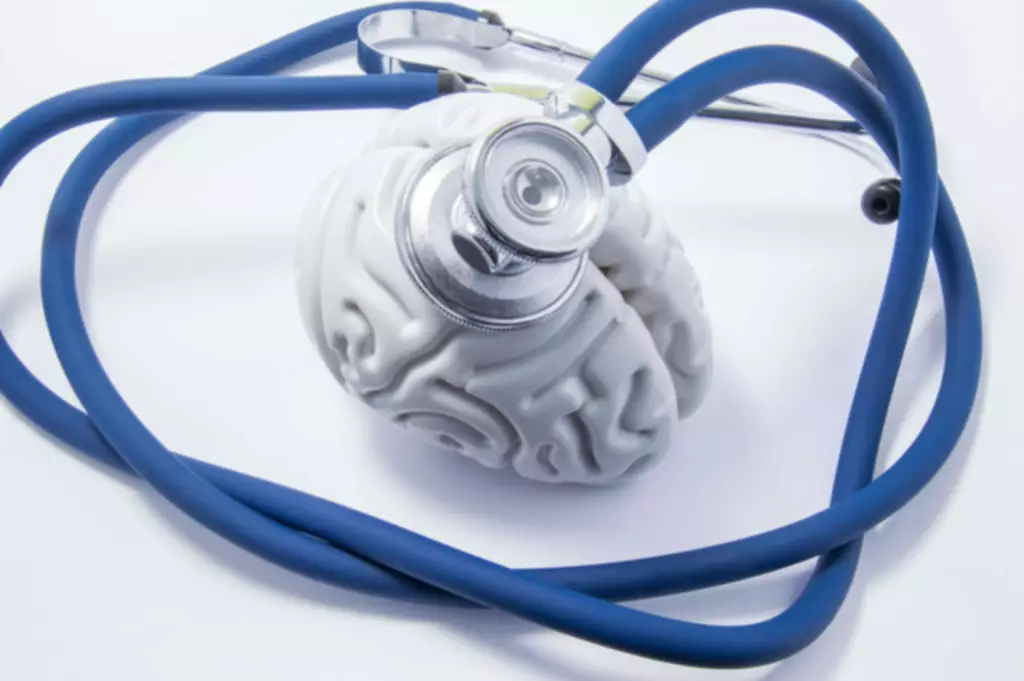
Jane, a recovering alcoholic, recognized the importance of identifying triggers for relapse early in her sobriety journey. She attended therapy sessions and support group meetings where she learned about common triggers and coping strategies. Through self-reflection, Jane discovered that certain social situations, particularly parties or gatherings where alcohol was present, posed a high risk for relapse. With this knowledge, she developed a relapse prevention plan that included avoiding such events, engaging in sober activities, and reaching out to her sponsor for support.
The Importance of Developing Healthy Digital Boundaries in Sobriety
External triggers can present immediate risks, especially in social settings. To mitigate these effects, individuals can develop personalized strategies, such as avoiding high-risk situations and employing healthy coping skills like mindfulness and support networks. Engaging in therapy can also help individuals navigate these triggers, fostering a robust recovery process. Identifying triggers for relapse is crucial to maintain sobriety and prevent setbacks in recovery. Understanding these triggers allows individuals to be better prepared to handle challenging situations. By identifying specific situations, emotions, or people that increase the risk of relapse, individuals can develop strategies to manage these triggers.
- Mental conditions like anxiety and depression paired with physical pain or discomfort can trigger a relapse for even the most determined person in recovery.
- A better understanding of one’s motives, one’s vulnerabilities, and one’s strengths helps to overcome addiction.
- Whether you are going to rehab for the first time, or have relapsed in the past, we will work with you to find the best treatment plan for you.
- People closest to the individual may set off cravings that eventually lead to a relapse.
The Benefits of Choosing a Luxury Facility for Drug Detox
Life goes on, and you will eventually find yourself in the presence of an external trigger, plus you have internal triggers. If you are starting to consider relapse, you may find that you are exposing yourself to possible triggers, even subconsciously. If you find yourself in high risk situations that could trigger a relapse, you should immediately reach out to someone that you can trust and who is supportive of your recovery.
How to Strengthen Your Recovery Network for Long-Term Sobriety
Individuals often underestimate the dangers of situations and fall into the trap of relapse triggers list single-time use. They give themselves permission to use substances in a controlled way, but the frequency of use generally increases until they fully relapse. In rats and humans, the hormone corticosterone increases the level of dopamine, a brain chemical that plays a major role in reward-seeking behavior, in the brain in response to stress. The Marquette researchers stated a stressed animal previously exposed to cocaine will crave the drug because the dopamine surge from cocaine trumps the release of stress-related dopamine. A NIDA study maintains that exposure to drug-related objects may influence a former addict’s behavior. The brain registers these stimuli and processes them in the same areas involved in drug-seeking behavior.
Early detection and intervention are critical in preventing relapse and Alcoholics Anonymous ensuring sustained recovery. Accessible resources such as SAMHSA’s National Helpline provide invaluable support and guidance in this ongoing process. At Serenity Recovery Centers, we understand that every individual’s journey to recovery is unique.

Why Personalized Treatment Plans Are Key to Success
- Keep a note of your therapist’s phone number, emergency contacts, and a concrete action plan in case you relapse.
- The presence of substances in these settings can make the temptation to use them stronger.
- Many experts believe that people turn to substance use—then get trapped in addiction—in an attempt to escape from uncomfortable feelings.
- Having a solid strategy prepared for discharge from a treatment program is key to navigating obstacles that can sabotage the newly sober.
- This article delves into understanding these triggers, recognizing personal and common ones, and crafting effective management plans to support a sustainable recovery.
Surround yourself with a strong support system of friends, family, and sober acquaintances. Additionally, join local recovery meetings to interact with peers in similar situations. Many triggers can come from environmental, mental, and emotional sources. Knowing and understanding them can help you avoid relapses during recovery. Remember that experiencing triggers doesn’t indicate weakness or recovery failure—it represents a normal part of the brain’s response to substances that once played a significant role in your life.

How to Help Someone with Gambling Addiction?
A relapse trigger is a situation—environmental, emotional, social—that drags up memories of past drug or alcohol use. Triggers do not necessarily lead to relapse, but they do make it harder to resist substances because of the cravings they produce. This is why it’s so important to recognize your triggers and have healthy ways to cope. It’s important to recognize relapse triggers as you recover from addiction. These desires often come from certain triggers, such as the people you surround yourself with and the feelings you experience.

How Therapy Pets Provide Comfort During Addiction Treatment

CBT is a form of psychotherapy that helps identify negative thoughts that lead to substance abuse. CBT effectively reduces the risk of relapse and is an integral component of the recovery process. Understanding relapse triggers transforms recovery from a mysterious struggle into a transparent, strategic process. By identifying and preparing for these https://ecosoberhouse.com/ high-risk situations, you gain control over your recovery rather than feeling controlled by cravings or circumstances. Even with the best-laid plans to avoid relapse triggers and prevent relapse, the risk is always there.
Recognizing early warning signs—such as mood swings, irritability, or cravings—is crucial. Having immediate intervention tactics like delaying the decision to use, practicing relaxation exercises, or reaching out to support contacts can intercept relapse at its onset. Everyone has had long, difficult days that end with the thought, “Why do I even bother?